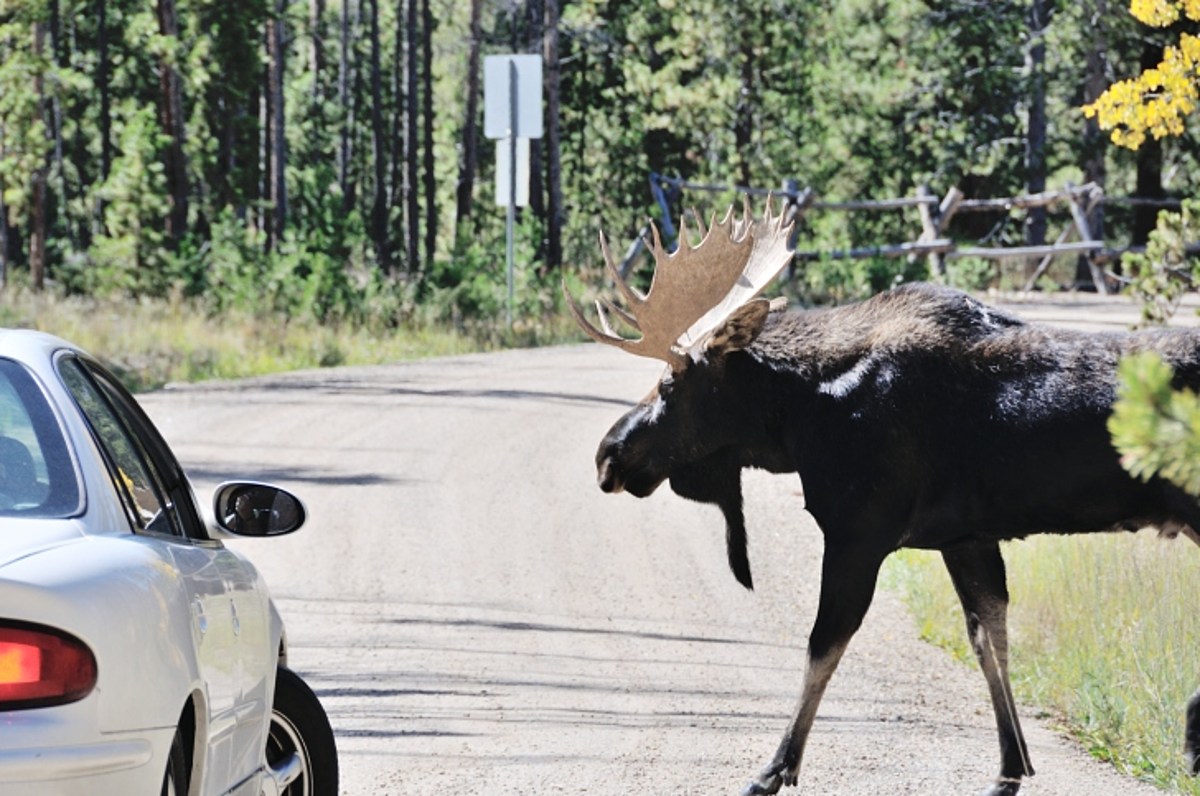Jin-hui, a cream-colored Pomeranian, was buried alive and left to die in the South Korean port city of Busan in 2018. No charges were brought against its owner at the time, but it is unlikely for future perpetrators.
Important points:
- South Korea plans to amend its civil code to give animals legal status
- Animals are treated as objects in the current legal system
- South Korea would be one of the few countries that recognize animals as beings
Animal molesters and those who abandoned pets could soon face harsher punishments as South Korea plans to amend its civil code to give animals legal status, said Choung Jae-min, director general of legal advice at the Department of Justice.
The amendment, expected to be adopted by parliament in September, would make South Korea one of the few countries to recognize animals as living beings with a right to protection, improved welfare and respect for life.
The push for change came when South Korea’s number of animal abuse cases rose from 69 in 2010 to 914 in 2019, according to data.
The number of pet owners has now grown to more than 10 million people in the country of 52 million people.
Reuters: Minwoo Park
)South Korean Animal Welfare Act states that anyone who abuses animals or is cruel can be sentenced to a maximum of three years in prison or a fine of 30 million won ($ 35,557), but the standards for determining sentences have been low as the Animals are treated like objects under the current legal system, said Mr Choung.
Once civil law declared that animals were no longer just things, judges and prosecutors would have more options in setting penalties, he said.
Broad social consensus
The proposal met with skepticism from the Korea Pet Industry Retail Association, which indicated that animal protection laws were already in place.
“The revision will only require funds to regulate the industry by making it harder to adopt pets, which will have a major impact not only on the industry but on society as a whole,” said the association’s general manager Kim Kyoung-seo.
Mr Choung said the amended civil code would also pave the way for follow-up measures such as life insurance packages for animals and the obligation to rescue and report road deaths.
Park Hong-keun, who heads the parliamentary forum on animal welfare, said the change was likely to be adopted as there was a widespread social consensus that animals should be protected and respected as living things that are in harmony with humans living together.
Animal welfare groups welcomed the Justice Department’s plan and called for harsher penalties for those abandoning or torturing animals, as well as a ban on dog meat.
“Pet abuse, abandonment and neglect has not improved in our society,” said Cheon Chin-kyung, head of the Korean Animal Rights Advocacy Service.
Reuters: Minwoo Park
)Despite a slight decrease last year, the release of animals has increased from 89,732 cases in 2016 to 130,401 in 2020, the Animal and Plant Quarantine Agency said. South Korea has an estimated 6 million dogs and 2.6 million cats.
With big, sad eyes, Jin-hui, which means “true light” in Korean, now enjoys spending time with other dogs in an animal shelter south of Seoul.
“His owner lost his temper and asked his children to bury him alive. We barely managed to save him after a phone call, but the owner was not punished because the dog was recognized as his own,” Kim Gea said -yeung, director of the shelter, said.
Reuters



